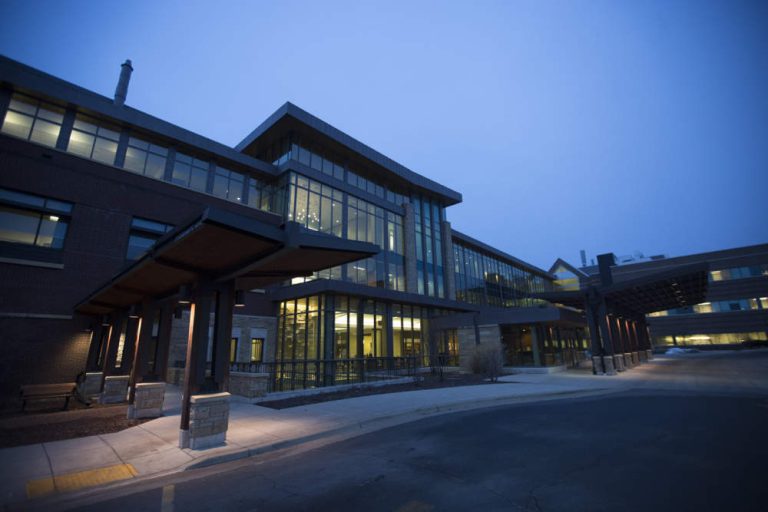Madison, WI, Region Hospital: Convergence of Technology and Health Care
The Madison region is home to a stable of health-care providers focused on high-quality, high-tech care.

From large health systems to independent rural hospitals, the Madison Region is home to a stable of health-care providers focused on high-quality, high-tech care.
The University of Wisconsin Hospital and Clinics, which is nationally ranked in 15 specialties by U.S. News and World Report, and hospitals throughout the region have gained widespread notice for their quality of care and expertise.
The sector’s focus on technology and advanced treatments is inevitable, since the region also boasts a world-class medical school – the University of Wisconsin School of Medicine and Public Health, ranked in the top 15 for primary care and top 30 for research on U.S. News and World Report’s 2014 list of best medical schools – as well as a vibrant life sciences sector, with many companies in the region born out of UW research.
To round out an already impressive résumé, the region also is the epicenter of health information technology innovation, home to Epic, a market leader in software development for electronic medical records (EMR). Founded in 1979 with only a handful of employees, Epic is now a $1.5 billion enterprise with 7,000 employees and the largest single private-sector employer in the region.
Hospitals or health providers represent 13 percent of total employment in the region and rank among the top employers in seven of its eight counties. The health-care practitioner, technical and support employment categories alone account for nearly 9 percent of all jobs in the region, according to the U.S. Bureau of Labor Statistics.
Investing in HCIT
An early adopter of Epic’s EMR software was Monroe Clinic, a not-for-profit health system based in Green County that includes one hospital and multispecialty clinics in locations across southern Wisconsin and northern Illinois. As hospitals around the country are scrambling to meet a 2015 deadline for EMR compliance, Monroe Clinic has had the technology in place for more than a decade.
“Monroe Clinic has consistently made the investments necessary in technology and facilities to provide the region’s residents top quality care,” says Mike Sanders, CEO of Monroe Clinic.
Other investments include a robotics surgery program, top-tier diagnostics and imaging equipment, and a new state-of-the-art, LEED-certified hospital that opened in 2012.
In rural communities across the region, hospitals and health providers face a variety of challenges. For Monroe Clinic, one challenge was patient access to health-care services, a problem solved by providing primary-care services for patients in their workplaces.
For Lisa Schnedler, CEO of Upland Hills Health, a 69-bed hospital in Iowa County, one of the biggest challenges was bringing state-of-the-art care and technology to Dodgeville, a more rural community located halfway between Dubuque, Iowa and Madison, less than 90 minutes from several tertiary hospitals.
“This unique position raises health-care quality expectations and requires that they are met,” she says.
In the past 10 years, Upland Hills Health has added three rural outreach clinics, a nursing and rehabilitation center, a therapy and wellness center, and dialysis center. Every physician staffing the emergency department is board certified for trauma, and the list of specialized care services and state-of-the-art screenings and procedures offered there continues to grow.
Schnedler says Upland Hills Health partners with centers of excellence in the region to help bring technology, resources and educational opportunities to patients in Dodgeville.
Workforce Strength
The higher education institutions in and immediately adjacent the region, including the University of Wisconsin, Blackhawk Technical College and others, are a pipeline for the region’s health-care industry, conferring some 10,000 certificates and degrees in health-care related fields in 2012 alone. And a number of hospitals in the region are teaching hospitals, providing opportunities for residents and other health-care workers.
“We work closely with the schools and training programs in the area, especially Blackhawk Technical College,” says Sanders of Monroe Clinic. “We have a long history of working with medical schools and clinical training programs of all types to provide students with great training experiences and an exposure to the best in rural health care.”



